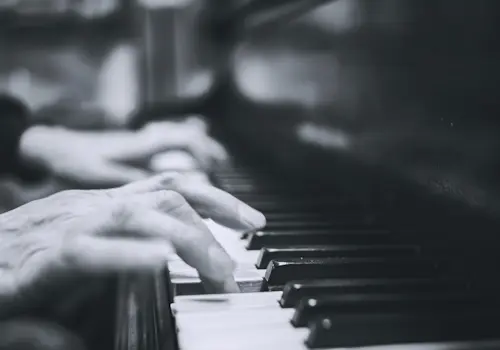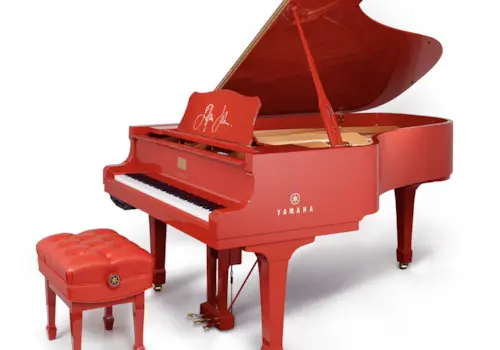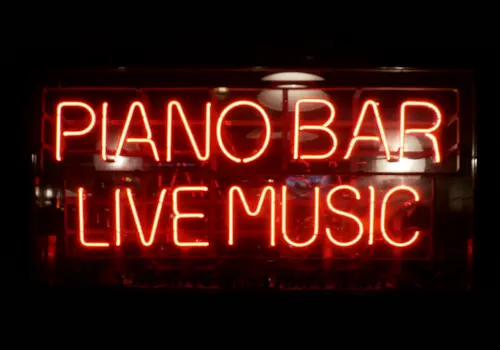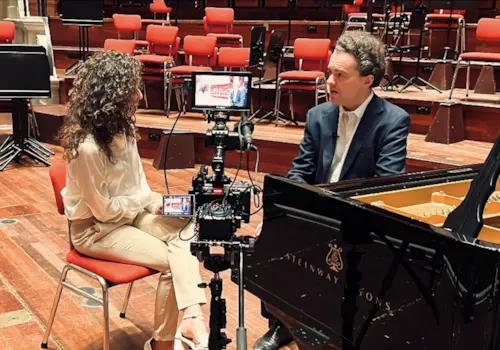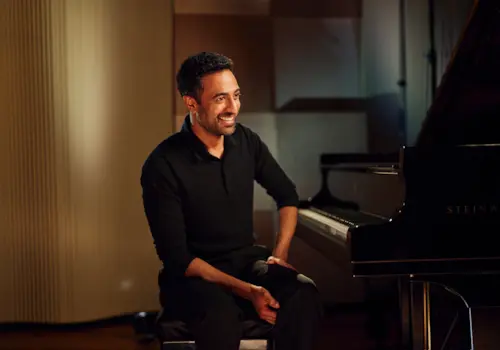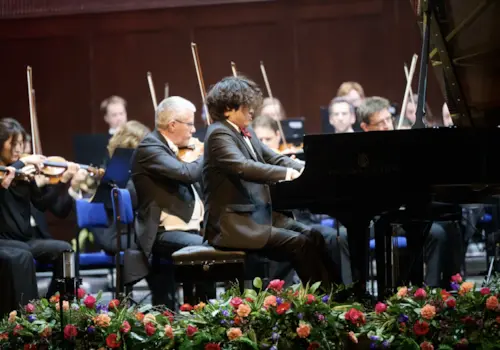24 May 2012
|
At nearly 200 years old, London's Royal Academy of Music is the oldest conservatoire in Britain. But it is surprisingly forward-thinking, as our insider report reveals. See what it has in store for the aspiring piano student.
The Royal Academy of Music is the oldest conservatoire in the Britain and one of the oldest in the world. But according to Joanna MacGregor, head of keyboard at the Academy, it does not dwell on tradition. ‘The teaching is based in tradition and the focus on the core repertoire is very strong, but we have teachers from many different backgrounds,’ she says. ‘There are certain touchstones at the core of tradition, but the teachers are also able to bring their own specialities. The artistry is very fluid.’
Pianists at the Academy are encouraged to broaden their horizons by taking part in composition, jazz and early music classes, and chamber music is a compulsory part of the curriculum. They are also encouraged to develop teaching skills, an awareness of marketing and publicity and familiarity with aspects of the music business such as artist management agencies and record labels. Guest lecturers are brought in from across the music business to talk to students about the reality of life as a professional musician.
When 22-year-old Romanian pianist Florian Mitrea came to audition for the Academy four years ago, he was immediately struck by this forward-thinking approach. ‘At some institutions all they do is learn two recital programmes a year, five concertos and nothing else,’ he says. ‘Here it is well balanced between the academic work and the practical work. There is a real variety of activities around professional development and being a versatile musician – it’s not just about playing the piano.’
It’s a far cry from the early days of the Academy in the 1820s, when the focus was purely on honing students’ performance skills. Christopher Elton, who was head of keyboard until MacGregor took over last year and continues to teach at the Academy today, first joined the institution as a student in 1961. He says that even over the past 50 years, its approach has changed dramatically. ‘We had some wonderful teachers, but it was not vibrant like it is now,’ he says. ‘It was living in the past and there was very much a sense of the old guard, a group of venerated, fantastic teachers who were looked upon as separate from the others. It wasn’t as relaxed as it is now.’ [Cont]
The full article appears inside the new issue (issue 66) of Pianist.

